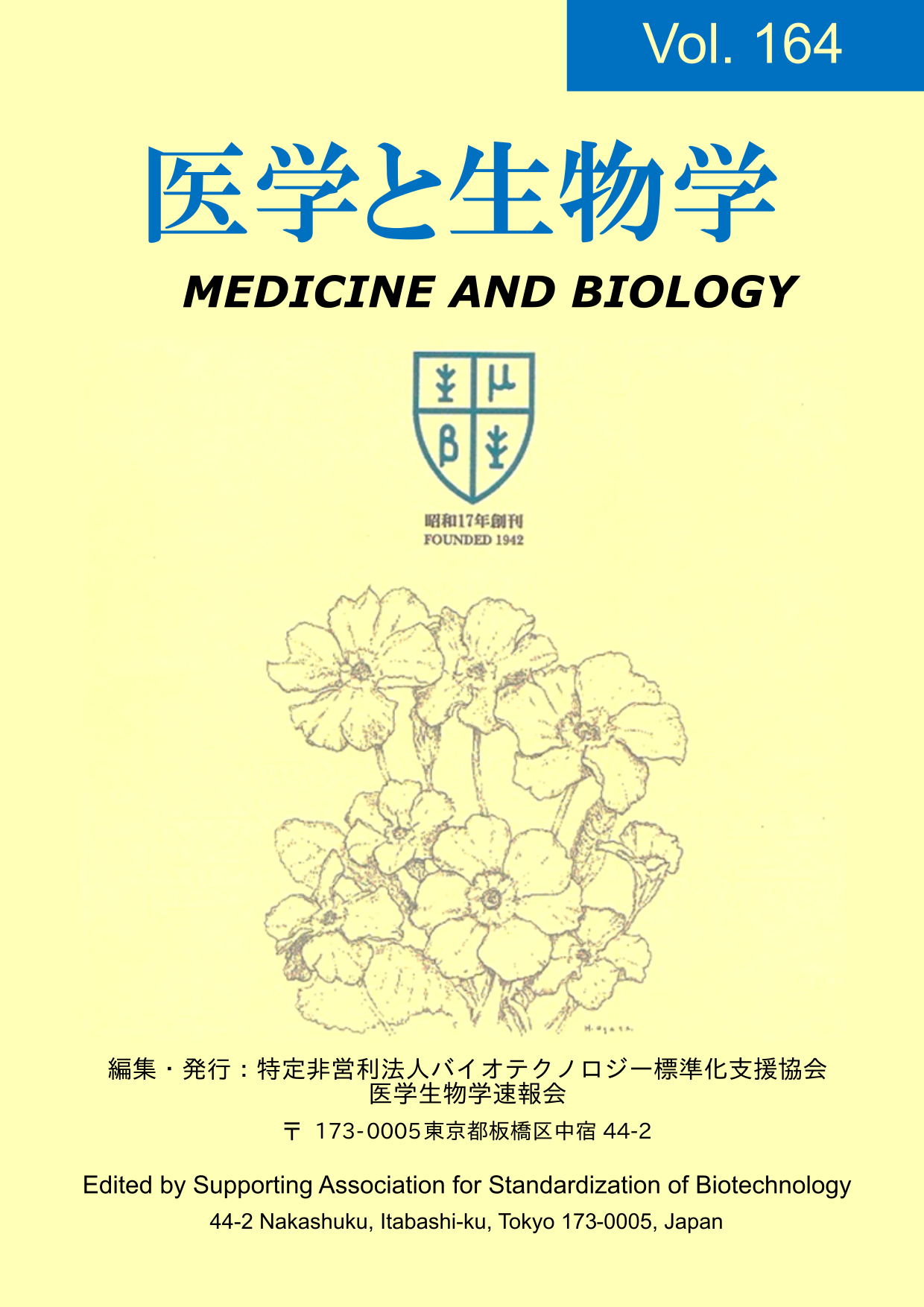高齢者における機能性消化管疾患に対する食事療法の最新知見
Keywords:
elderly, nutritional therapy, gastrointestinal motility, functional digestive disease (FGID), daily lifestyle habitsAbstract
Nutritional therapy for the elderly is extremely important in Japan, where the birthrate is declining, and the society is aging. Elderly people often suffer from multiple illnesses and are prone to malnutrition. In addition, functional constipation, diarrhea, fecal incontinence, etc. may occur even if there is no organic abnormality in the function of the digestive tract. These disorders, the associated malnutrition, and slow recovery often make it difficult for elderly people to return to society. Secondary or inappropriate nutritional management increases complications, reduces physical function, and worsens prognosis. Statistical surveys to date suggest that hospitalized patients aged 65 years or older who consume less than half of the required calories have a significantly higher in-hospital mortality rate. Therefore, appropriate nutritional management from an early stage is important for elderly people. In addition, functional excretory disorders, dementia, and sarcopenia (muscle atrophy) are attracting attention as pathologies specific to the elderly, and early rehabilitation with nutritional management is important. Nutritional management is not impossible just because one is elderly, and appropriate nutritional therapy must be reviewed even in the terminal stage or in patients with severe mental and physical illness. This paper focuses on the elderly and investigates the relationship between dietary intake and functional digestive diseases.


